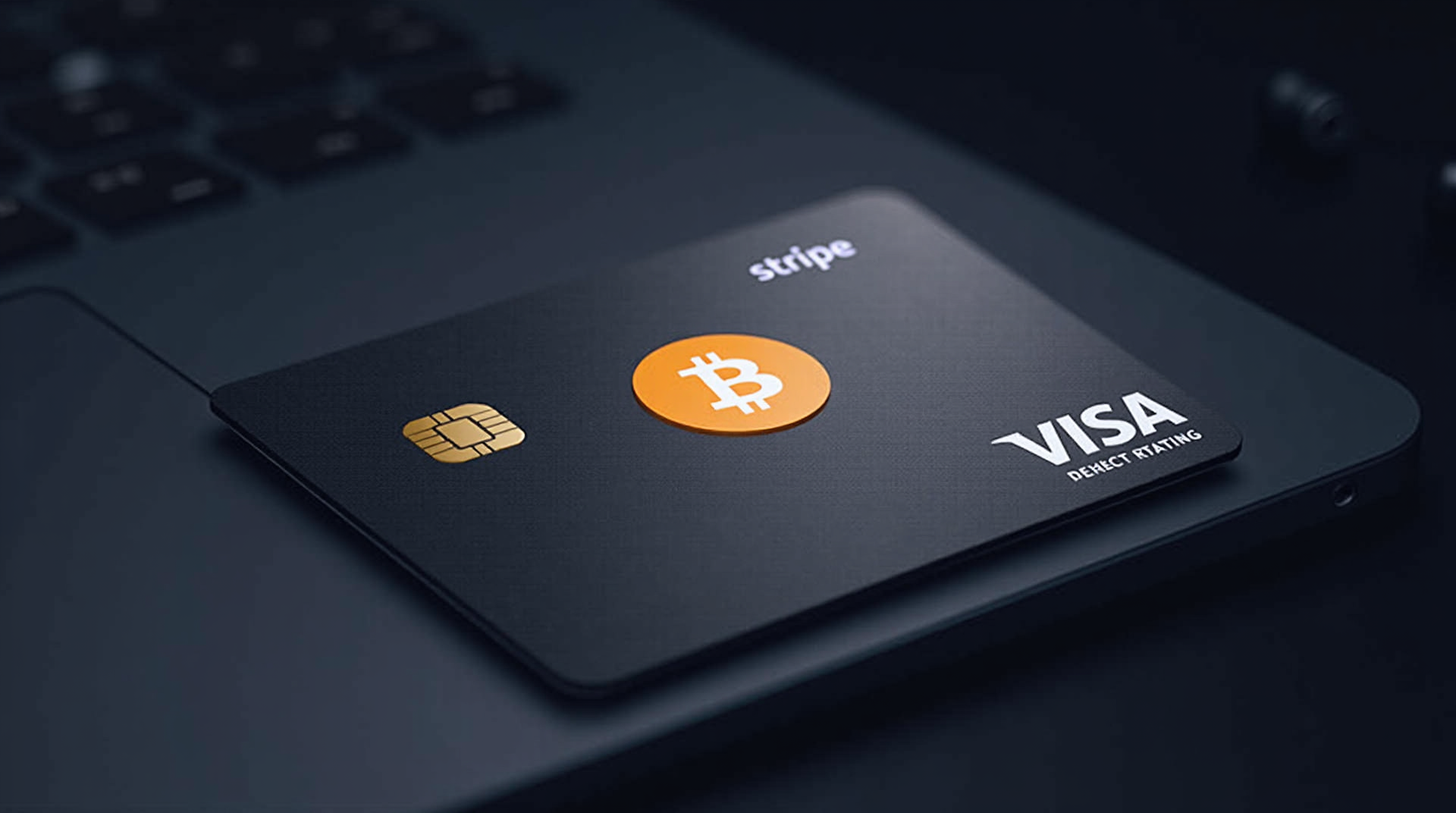Context and Impact
Fold has introduced a credit card that directly rewards spending with Bitcoin, offering a simple way to accumulate BTC during everyday purchases. The card leverages Stripe’s payment processing and the global Visa network for widespread acceptance. This model is designed to appeal to both retail users and corporate treasuries, though it brings associated challenges in custody, valuation, and compliance.
Rewards structure and Merchant Offers
The card’s rewards system is straightforward. Every purchase earns an instant 2% back in Bitcoin. Cardholders can earn an additional 1.5% when they pay their monthly bill from a Fold Checking Account, bringing the total potential reward to 3.5%. The card also features periodic offers with select merchants like Target and Starbucks, where users can earn up to 10% back in BTC.
Will Reeves, Fold’s CEO, stated the goal was to create a product “simple enough for someone new to Bitcoin, but built with the transparency and control early adopters expect.” The company has opted for a direct approach, crediting raw bitcoin to user wallets instead of using points or complex token systems.

Implications and Risks
For retail users, the card simplifies the process of building a Bitcoin position, removing the need to interact directly with exchanges for small, recurring acquisitions. For corporate treasury desks, however, it introduces accounting questions on how to book and hedge the incoming bitcoin, with auditors paying close attention to the valuation of even fractional amounts.
The key risks involve the operational security of storing rewards, Bitcoin’s price volatility between the time it is earned and spent or sold, and the need for strict adherence to financial regulations. The success of the product hinges on Fold’s ability to execute reliably, maintain secure operations, and navigate a complex regulatory landscape.


